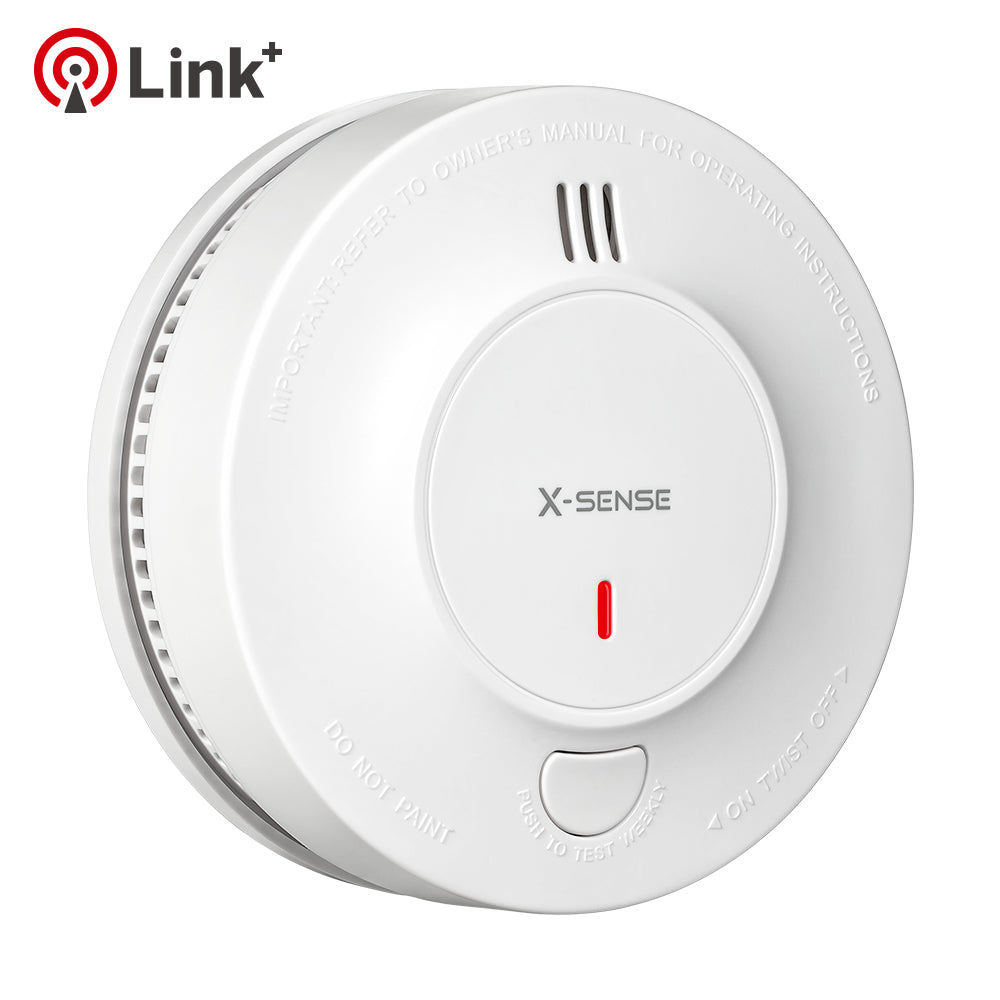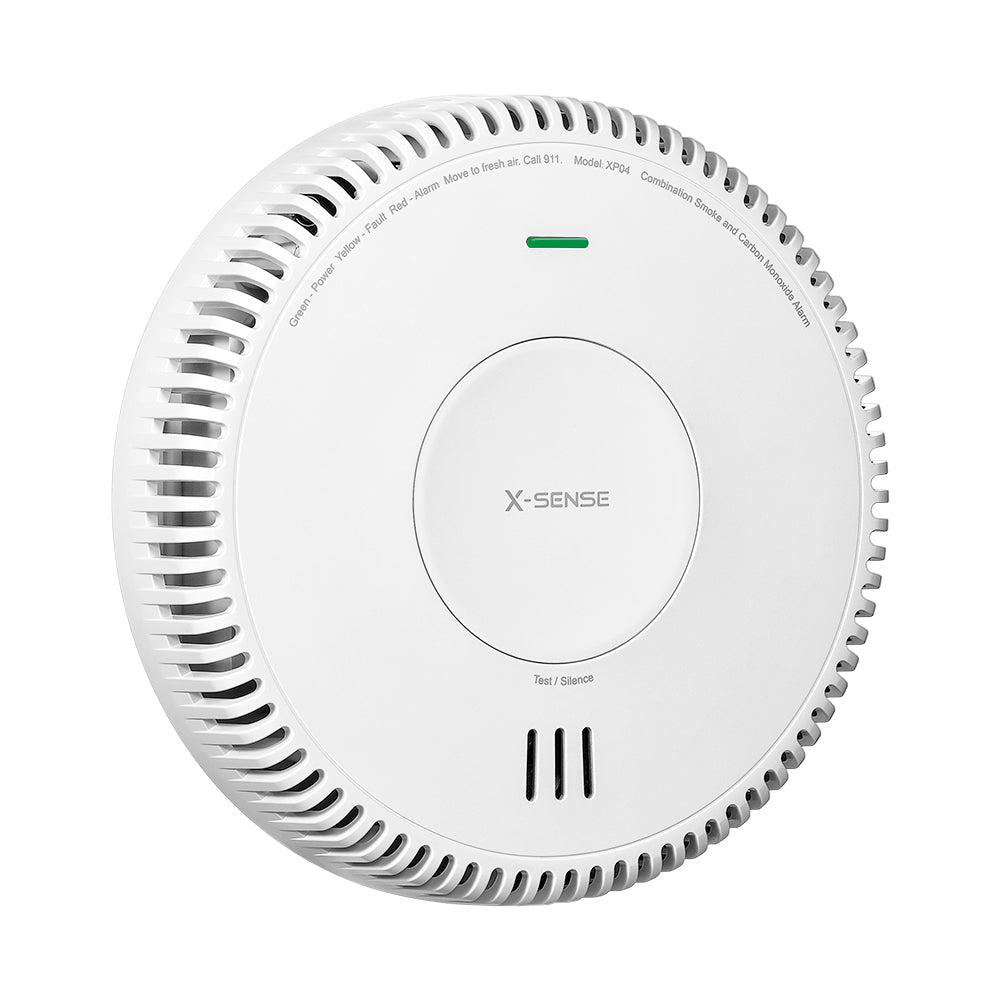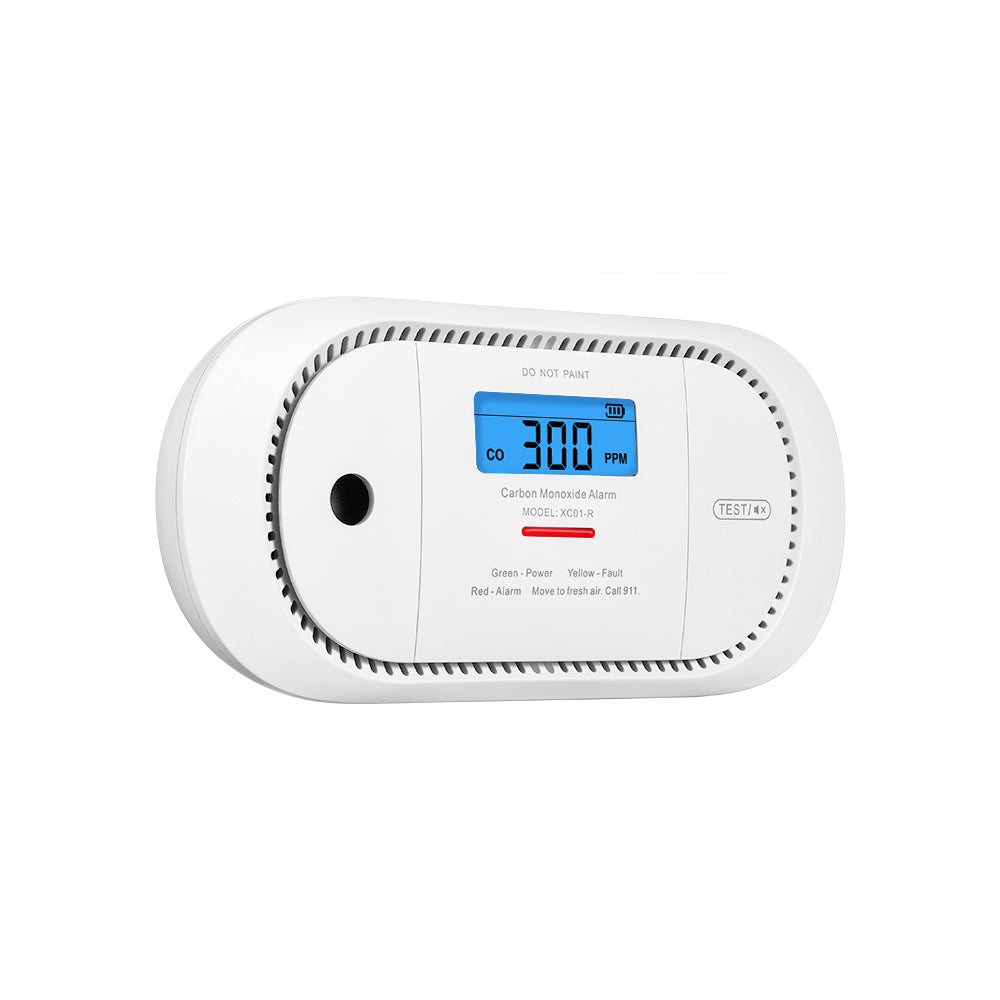Fire Safety: A Property Manager's Guide to Protect Your Tenants and Your Investment
Tue, Mar 12, 2024
As a professional property manager, one of our overriding duties is the safety and well-being of our tenants.
At the cornerstone of this responsibility is fire alarm safety,a mandate that transcends legal obligation and represents an essential aspect of residential and commercial property safety. In this article, we delve into the critical nature of fire alarm systems, outline maintenance best practices, and discuss strategies to instill a culture of safety among tenants, with a particular focus on the integration of smoke detectors and carbon monoxide detectors.
Understanding the Importance of Fire Alarm Systems
Fire alarms are the initial line of defense in a fire, offering early warnings and enabling timely evacuation. The efficacy of a robust fire alarm system in mitigating injury and property damage is unparalleled. In compliance with the National Fire Protection Association (NFPA) in the U.S., property managers are tasked with meeting stringent standards for fire alarm system installation and upkeep.
Regular Maintenance is Key
A fire alarm's reliability hinges on consistent maintenance. Key practices include:
Routine Inspections: Annual inspections by certified technicians are indispensable. These professionals are equipped to spot issues—from chirping smoke detectors due to low batteries to malfunctioning sensors—that could cripple the system's functionality.
Testing: Frequent testing of all fire alarm components, such as smoke detectors, carbon monoxide detectors, pull stations, and audible alarms, is critical. This ensures operational readiness to alert tenants during a fire.
Cleaning: Regular cleaning is necessary to prevent dust and debris from affecting smoke detector sensitivity, a common reason why a fire alarm might randomly go off in the middle of the night.
Record Keeping: Documentation of all inspections, tests, and maintenance activities is crucial for compliance and invaluable for post-incident analyses.
Educating Tenants:
The effectiveness of a fire alarm system is contingent upon tenant response. Residential fire safety education is vital:
Fire Safety Seminars: Hosting fire safety seminars can inform tenants about proper fire alarm response and the significance of evacuation procedures.
Evacuation Drills: Routine drills ensure tenant familiarity with the fastest and safest egress routes.
Communication: Clear communication regarding the building's fire safety features and tenant responsibilities, such as not disabling smoke detectors and promptly reporting issues, is essential.
Investing in Advanced Systems:
Property managers should consider advanced fire alarm systems with:
Smart Smoke Detectors: These provide immediate alerts to both property managers and tenants, enhancing safety even when away from the property.
Integrated Systems: A comprehensive approach integrates smoke detectors with sprinklers and emergency lighting for elevated safety.
Remote Monitoring: This service guarantees that fire alarm activations are immediately relayed to emergency services, indispensable for unoccupied properties.
Conclusion
Our legal and ethical responsibility as property managers includes prioritizing fire alarm safety. By ensuring the proper functioning of fire alarms, conducting regular inspections and testing, educating tenants, and investing in state-of-the-art systems, including the best smoke detectors and carbon monoxide alarms, we safeguard our tenants and our properties. The importance of rental property safety inspection checklists cannot be overstated, nor can the peace of mind that comes from knowing your property is equipped to handle fire danger and CO poisoning threats.
Remember, prevention surpasses cure in fire safety. Stay vigilant, compliant, and prepared.















